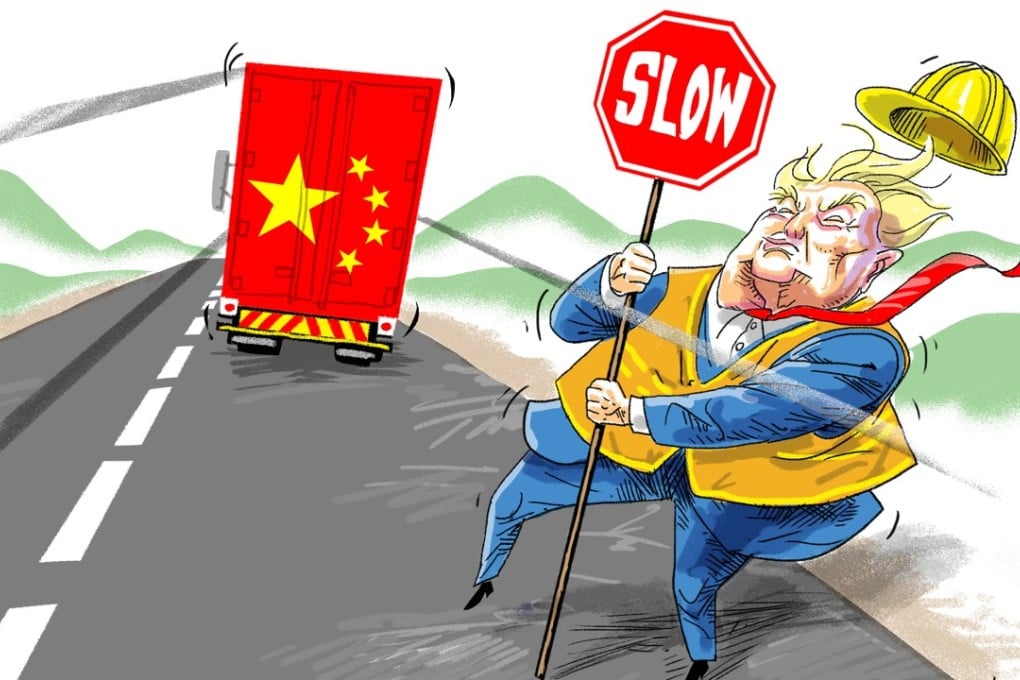Opinion | How Singapore can play a crucial role in the emerging Pax Sinica by bridging East and West
- Ho Kwon Ping says China views its rise as the fulfilment of a historical destiny and is willing to play a long game to achieve it
- Singapore is well positioned to mediate between the world views represented by the US and China in a new co-civilisation era

But tensions today cannot just be seen through the cold war lenses of superpower competition for dominance. No doubt, cold war analysts note that within two decades, China’s total economy will be one-third larger than the US economy, but with a lot more room for growth as per capita income will still be less than half that of the US. Others warn that Chinese military spending is currently double that of Russia.
However, a containment strategy towards China may be too little, too late. To China, Trump reflects a historic inflection point, when America’s turning away from its post-war global role coincides with China’s stepping onto the centre stage of history.
Whereas a few decades ago, China heeded Deng Xiaoping’s guidance to keep a low profile, there is an almost unanimous view that this current crisis must be faced frontally. China’s ascendancy has been thwarted for two centuries by colonial humiliation, and cannot be further blocked.
In China there is a palpable sense of destiny that it will soon be an advanced civilisation no less equal to the Western world, and will not be forced to play by the rules created by the West to China’s detriment.
